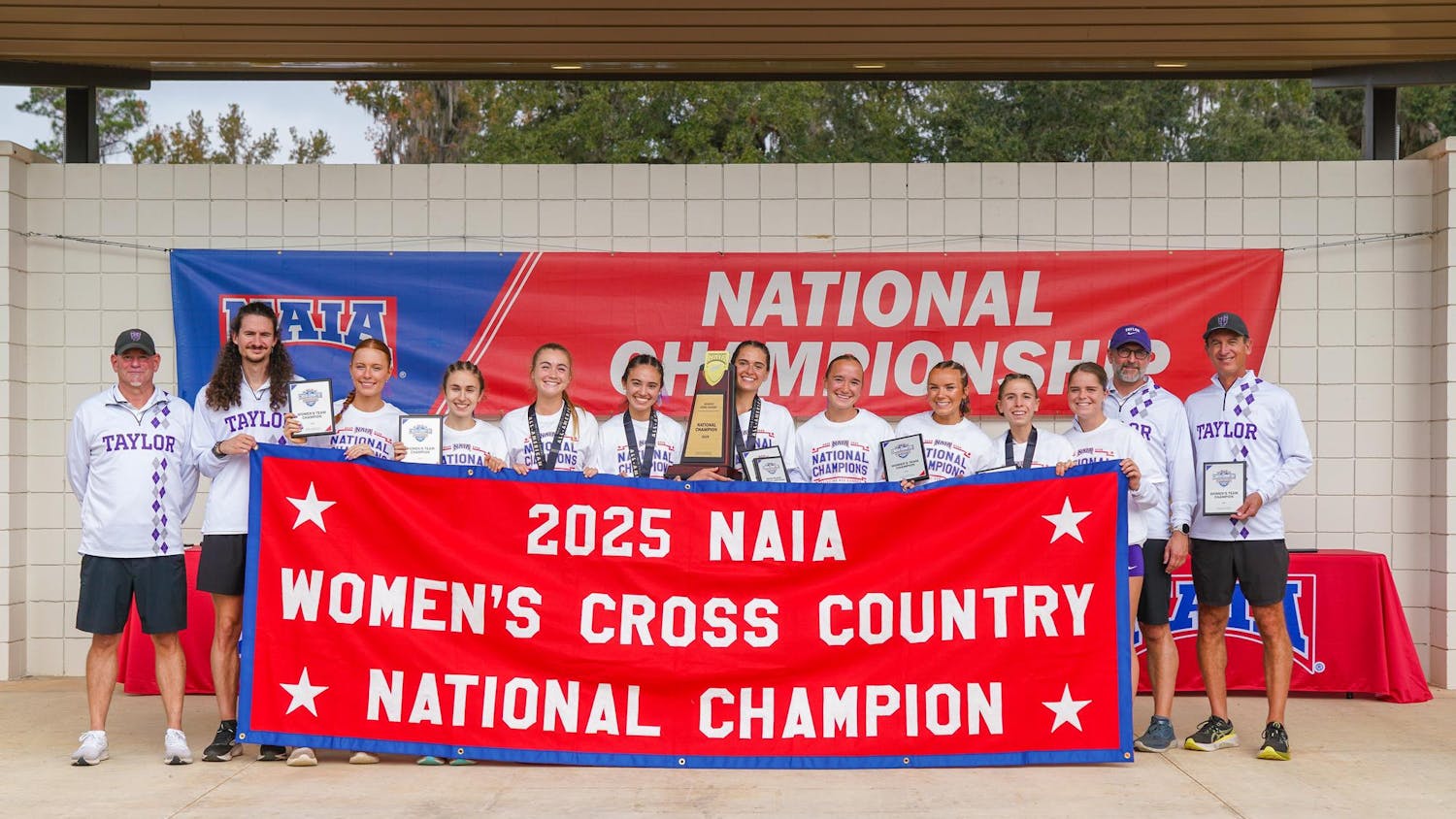Rayce Patterson | The Echo
Today is the day legally set for the United Kingdom to withdraw from the European Union.
The UK's decision to leave or remain in the EU, known commonly as Brexit, was voted for by referendum on June 23, 2016. Leave won by a narrow margin of only 51.9 percent, according to BBC News.
"(Brexit has) illuminated divisions within the country around . . . age-based differences, metropolitan versus rural, and working class and urban dwellers," Associate Professor of Political Science Nicholas Kerton-Johnson said. "It's shone a light on points of friction in the British government."
Kerton-Johnson is a South African British citizen and voted in the referendum which lead to Brexit. He has observed Brexit for over two years and believes it's about the issue of British sovereignty versus EU control.
Another issue is money. The UK is considered a net contributor to the EU, meaning they give more to the EU than they receive in benefits.
Lastly, many British citizens were concerned that the UK could not control immigration, which became problematic when the British government did not have the power to remove dangerous people from the country, according to Kerton-Johnson.
Freshman Jamie Carson is from the Republic of Ireland, but holds both British and Irish citizenship because of his family in Northern Ireland. He agrees that the UK is giving lots of money to the EU, but that it is for a good moral reason.
"The way I look at it is the help that Ireland and Britain have been able to give is actually something that gives me a lot of pride," Carson said. "There is relationship there, where Britain and Ireland are willing to help European countries that need help, and there will be times in the future where that is needed in return."
One problem during the Brexit negotiations has been about the situation in Northern Ireland, which is currently a part of the UK. Northern Ireland has had a history of sectarian violence regarding the country's cultural identity, a period known as the Troubles. When the Good Friday Agreement ended the Troubles in 1998, one of the key points was there would no longer be a physical border between Northern Ireland and the Republic of Ireland, according to the British Journal of Politics & International Relations.
The concern was that Brexit would institute a physical border in Northern Ireland because the Republic of Ireland would remain part of the EU, and Carson thinks his family is concerned that this would damage the peace in Northern Ireland.
However, British Prime Minister Theresa May has negotiated a plan with the EU called "backstop," which will continue the soft border between Northern Ireland and the Republic of Ireland, according to The Guardian. This backstop would continue to be in place even if May's deal with the EU does not succeed, and Kerton-Johnson is confident that the Northern Irish border would not be an issue.
"I am not scared of no-deal at all," Kerton-Johnson said. "I believe it's clear that the technology is there, that you do not need a hard border, that goods can come into Ireland and that those designated for the British market can be registered, scanned using technology and taxes can be remitted through the European Union. You don't need a hard border."
The issue now is that, as of the writing of this article, May's deal has yet to be approved, and has been struck down twice, according to the New York Post. The first time the deal was brought to vote in British Parliament, it was the biggest defeat of a Prime Minister in British Parliament history. When it was brought again to vote, it was defeated in the fourth largest defeat in British Parliament history. According to British custom, May should have resigned because of these defeats, Kerton-Johnson said.
Kerton-Johnson believes that May's deal is bad for the UK because the British government is giving a lot to the EU in exchange for their withdrawal. The British government would give the EU 39 billion pounds, lose control of their fisheries, lose all say they have in the EU, and likely won't be able to negotiate free trade agreements, according to Kerton-Johnson.
Kerton-Johnson believes it is important for Americans to know about what's happening with Brexit and the UK because Brexit will change British politics. According to Kerton-Johnson, Brexit and similar events in the western nations show an anti-establishment sentiment and a dissatisfaction of the people with government. Carson believes that understanding a place and culture that is not one's own is important, especially as Christians.
"We do need to have an understanding of the world outside of our own country," Carson said. "How can you bring the Gospel to a country that is different to your own context? If you have an understanding of the broader universe around you, you will have a better understanding of yourself and your own country."
At the time this article was written, May's deal has not yet been approved, but the deadline has been extended to April 11.




